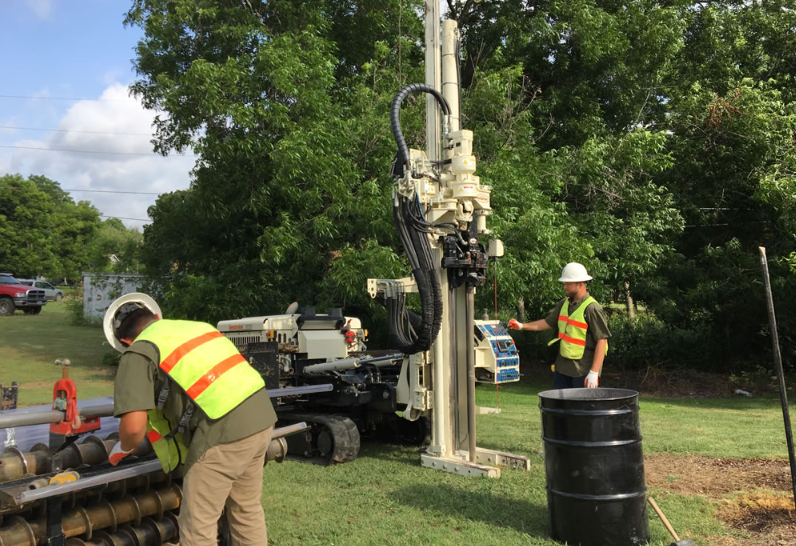When you think about environmentalism, what comes to mind? Maybe you think of protesting against pipelines or trying to reduce your carbon footprint. Maybe you think of recycling materials and reducing your waste output. But what about the people who actually work on the front of environmentalism? What do they do? In this blog post, we will explore what an environmental specialist does and how it can impact your life. From working with scientists to monitoring pollution levels, read on to learn more about the profession and how it can help protect our environment.
What are the different types of environmental specialists?
Environmental Consultant Oakland can be found in a variety of industries, including environmental engineering, environmental health and safety, land remediation, and waste management. They may work for the government or private organizations, and their duties may vary depending on the organization they work for. Environmental specialists may perform a variety of tasks, including studying the environmental impacts of projects; conducting hazard assessments; developing and enforcing environmental regulations; investigating environmental incidents; counselling businesses on environmentally responsible practices.
Read Also: Everything You Need to Know About Asbestos Inhaling
What qualifications do environmental specialists have?
Environmental specialists have a variety of qualifications and backgrounds, but most have at least a bachelor’s degree in environmental science or a related field. They may also have experience working with the environment, either as an environmental scientist or in another field. Because environmental problems can be complex, environmental specialists usually have a wide range of knowledge and skills. They may work in government or nonprofit organizations, or on their own. Typical jobs include designing pollution control systems, investigating contamination sites, helping businesses find ways to reduce their impact on the environment, and advising governments on environmental policy.
What do environmental specialists do?
Environmental specialists are responsible for protecting the environment, which can include everything from regulating air and water quality to preventing land degradation. They often work with other government agencies and private organizations to make sure their work is effective.
What are some of the dangers of working as an environmental specialist?
The dangers of working as an environmental specialist can include exposure to dangerous toxins, extreme weather conditions, and difficult working conditions. Environmental specialists may be required to work in hazardous environments, including oil refineries, chemical plants, and coal mines. They may also be exposed to harmful chemicals or pollutants while performing their duties. In addition, environmental specialists may be at risk for occupational injuries, including slips and falls caused by wet surfaces or treacherous terrain.
Read Also: Air Pollutants and Their Effects on Health
How to become an environmental specialist
Environmental specialists work in a variety of industries and settings, from government to private sector organizations, to help protect the environment. They may work with scientists to develop solutions to environmental issues or provide guidance on how to reduce waste and conserve energy.
Some common tasks for environmental specialists include studying the impact of human activities on the environment, developing safe and effective pollution control strategies, monitoring environmental conditions, and providing consulting services. They may also work with local communities to promote environmentally responsible practices.
An Environmental Specialist Certificate or degree is generally required for most jobs in this field. Many environmental specialist training programs are available online or through vocational schools.
What are the benefits of becoming an environmental specialist?
An environmental specialist is someone who specializes in the environment and the effects of human activity on it. They may work for government agencies, universities, or private businesses. There are many benefits to becoming an environmental specialist, including:
– Increased earning potential: Environmental specialists can earn a higher salary than people with other occupations. This is due to their specialized knowledge and training.
– Better career prospects: Environmental specialists are in high demand, and there is a growing trend of companies hiring them instead of generalists. This means that environmental specialists have more opportunities for advancement than most other professionals.
– Increased job satisfaction: Many environmental specialists feel privileged to work in such an important field. They enjoy helping others understand the importance of conserving resources and protecting the environment.
Conclusion
An environmental specialist is someone who helps protect the environment by working to reduce pollution and help restore habitats. They also work to advocate for green policies and improve public awareness of environmental issues. If you are interested in pursuing a career in environmental protection, then an environmental specialist might be the right path for you. Learn more about this career path by reading our article on what an environmental specialist does.
For more information visit https://newsdecker.com/
